Treaty settlements could cost hundreds of millions and depend on size of massacres
A truth-telling inquiry will investigate impacts of colonisation, including the massacres of Indigenous people and effects of the Stolen Generation.
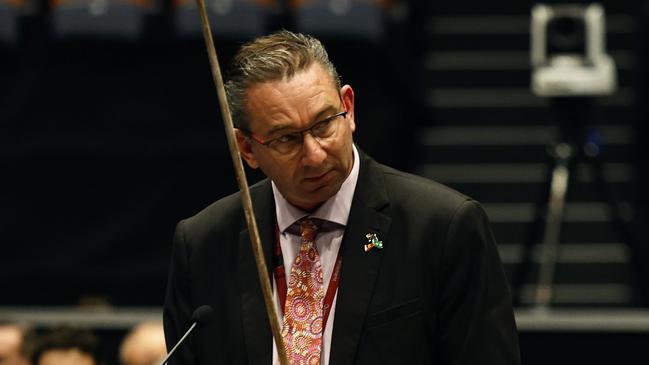
Treaty deals between Aboriginal Australians and state governments are likely to be worth hundreds of millions of dollars apiece and factor in the number of Indigenous people killed in historic local massacres, as Queensland looks to New Zealand and Canadian agreements to guide its new reconciliation laws.
Days after passing a treaty process touted as “setting the standard” in Indigenous-government relations, Queensland cabinet minister Craig Crawford told The Australian the amount of land taken by British colonial forces and the impact of massacres could be key considerations in formulating the value of each deal made with local Aboriginal groups.
The Aboriginal and Torres Strait Islander Partnership Minister’s comments come as Victoria and NSW pursue their own treaties with local Indigenous groups, while the federal government has committed to enacting the Uluru Statement of the Heart in full – from enshrining an Indigenous voice to parliament to pursuing treaty-making and truth-telling.
While it was “very hard” to give an exact estimation of the cost of future treaties, Mr Crawford said about 80 of the treaty settlements that had been finalised in New Zealand “nearly all cost tens or hundreds of millions of dollars” and the cost varied depending on the number of people killed and the amount of land taken by colonial forces in each area.
“So I think that will give us a bit of a guide to get an idea as to what that looks like in a Queensland context,” he told The Australian.
“But it depends on things like the level of impact that occurred in that particular part of New Zealand, what the history record shows, the level of massacres, the amount of land that they’ve lost.
“So it’s really going to vary (in Queensland) and is really going to have to be informed by the truth-telling inquiry that will run alongside (treaty).”
The exact number of Queensland treaties, which could take years to finalise, will depend on community consultation but there are about 150 Indigenous nations in the state. Financial payments would also vary depending on “impacts of colonisation” and it will be up to individual First Nations groups to decide how to spend settlement money.
Mr Crawford noted a number of Maori tribes had invested settlement funds to deliver long-term dividends rather than breaking it “into small chunks and handing it out to individual people”.
“They’ve worked with the government and learned how to do things like buy large industries, build corporate towers and partner with other organisations,” he said. “The New Zealand Maori economy right now, is worth about $68bn.”
Queensland’s traditional owners will lead negotiations on what they want in their treaties, but may ask for repatriations, joint management of national parks, renaming of places, changes to school curriculums and reforms introduced in health, criminal justice and child protection.
Mr Crawford said First Nations groups could put “anything on the table”.
“We would then, like any negotiation, start working through that process,” he said.
“There may be some things there that we say ‘no you can’t have that’, and sovereignty might be one.”
Across the world, countries are paying out hundreds of millions of dollars to cement reconciliation and reparation with Indigenous groups, including the historic $800m settlement between British Columbia in Canada and five First Nations groups agreed to last month.
Former Indigenous Australians minister Ken Wyatt said he expected more states to move towards making their own treaty or agreement, pointing to Western Australia’s $1.3bn offer to settle the native title claim over Perth and the South West more than a decade ago.
“The Western Australian state governments have signed off (on agreements) way ahead of their peers,” he said. “Jurisdictions play an important role in shaping a destiny in a different-looking Australia over the next decade.”
But Mr Wyatt warned treaty-making would not lead to solutions for all challenges facing Indigenous Australians.
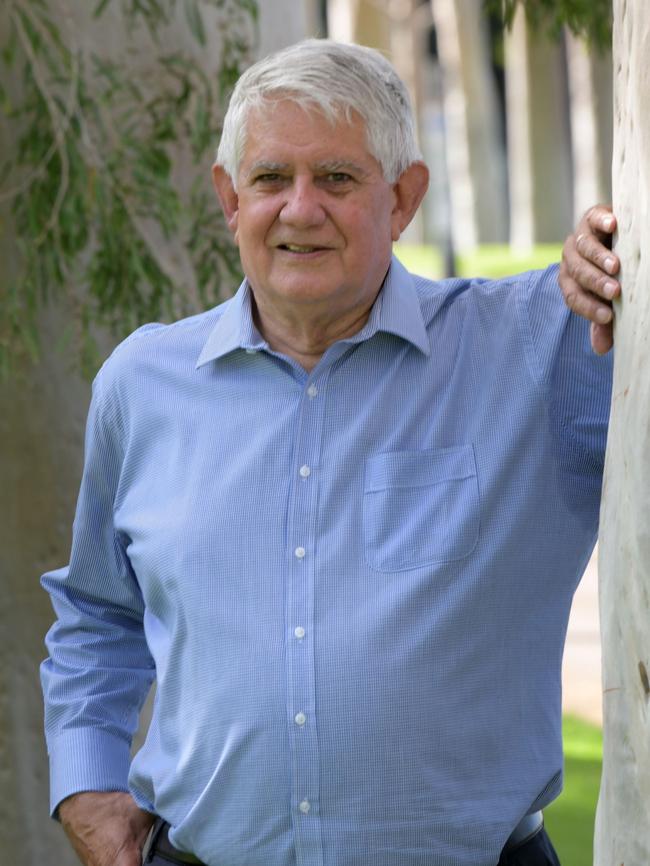
“Where there are international treaties in place … corresponding data shows there’s not significant improved outcomes in the social determinants. What people should focus on is getting the social determinants fixed, in terms of Australia focusing on the 17 (Closing the Gap) targets – such as improvements in reducing incarceration rates,” he said.
A Victorian government spokesman said its treaty negotiations, due to start this year, offered “the opportunity to transfer power to First Peoples, over the policies and programs that affect their lives, to the benefit of First Peoples and all Victorians”. Its 2022-23 state budget invested more than $150m over four years to support the First Peoples’ Assembly and to negotiate and establish key treaty elements required under its Treaty Act.
The Northern Territory also committed funds to continue its own treaty processes, including more than $4m over four years to “support the continued delivery of the treaty process including establishing First Nations Forums and truth-telling, and working in conjunction with stakeholders to develop local, regional and Territory voices to parliament”.
WA Aboriginal Affairs Minister Tony Buti said his state had made “significant progress” in Aboriginal recognition and reconciliation through the $1.3bn native title process but would not be drawn on treaty-making.
NSW also has not yet started a treaty-making process but the new government committed $5m for a 12-month consultation period to determine if there was a desire to begin the process towards treaty or agreement-making; and what that may look like.
Voice architect and referendum working group member Tom Calma said the funding put aside by states for any treaty-making would depend on the number of tribal groups in each jurisdiction, population size and land mass. But on a national level, he said, the focus needed to remain on the voice. “Let’s get the referendum out of the way then focus on agreement making.”
While committing almost $6m in the October budget to begin setting up the Makarrata commission – to “oversee processes for agreement-making and truth-telling” – Labor has not confirmed when it would pursue the treaty-making called for in the Uluru Statement.
Greens First Nations spokeswoman Dorinda Cox said her party wanted action on treaty and truth-telling now. “While supporting the Yes vote … we will continue to push the Albanese government to demonstrate their commitment to truth-telling and treaty-making with First Nations people in the same way they have shown leadership on the voice to parliament,” she said.
Mr Wyatt said treaty-making at a national level would be more challenging than at state level, given the number of Indigenous groups across the country.

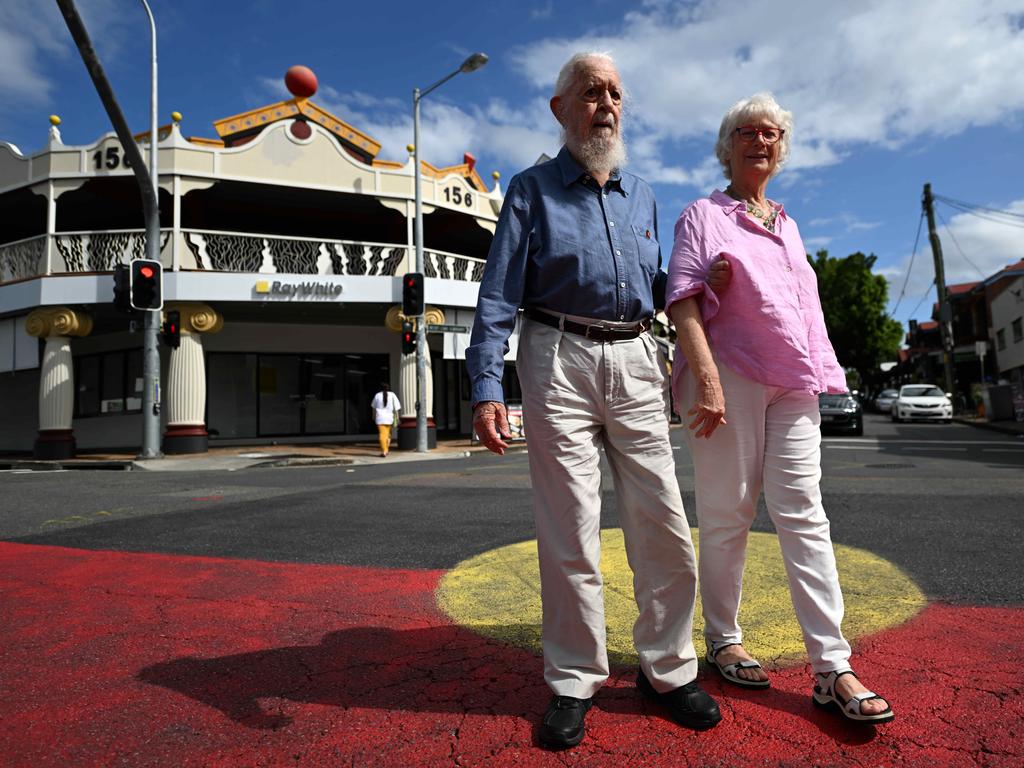

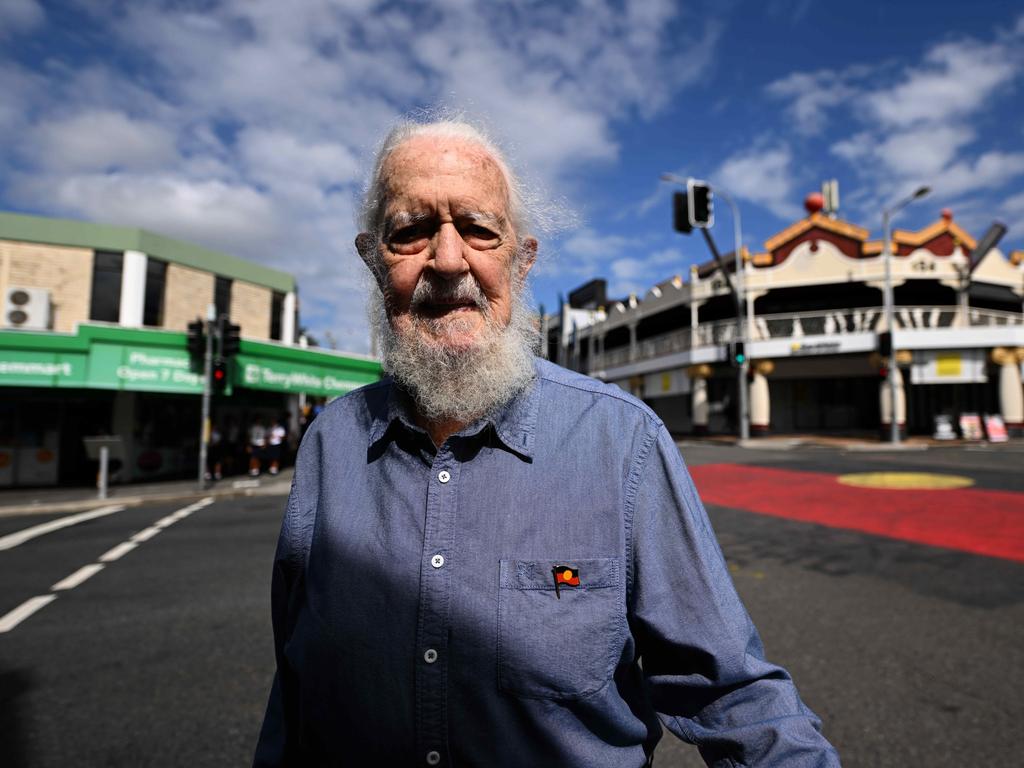
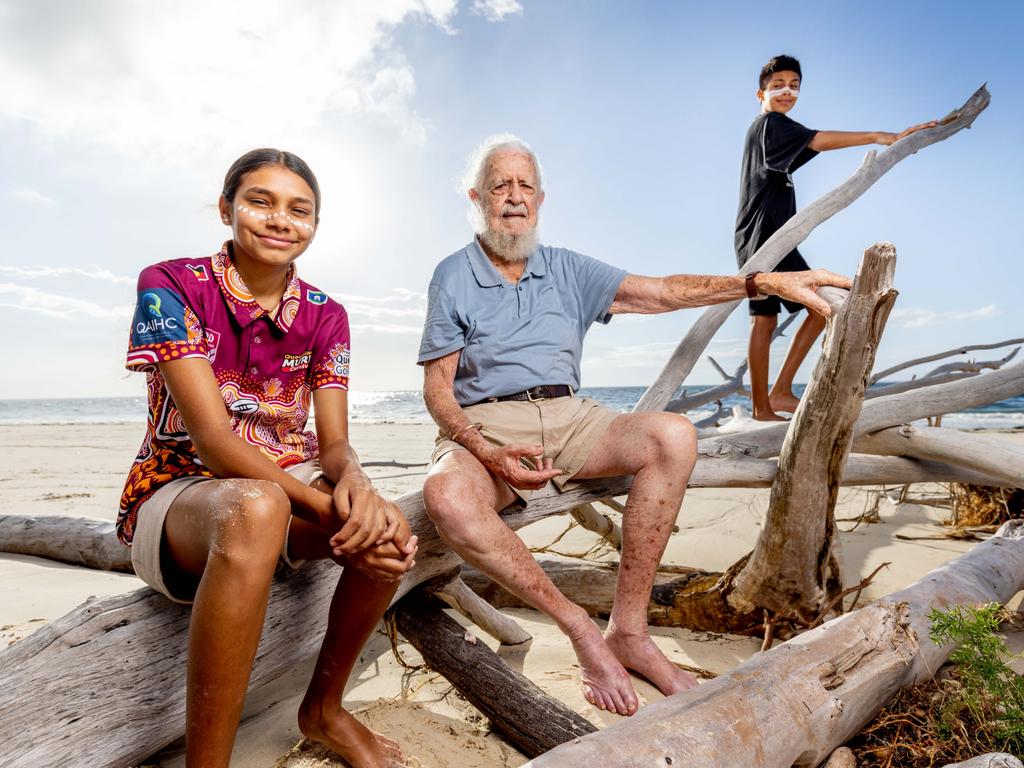


To join the conversation, please log in. Don't have an account? Register
Join the conversation, you are commenting as Logout